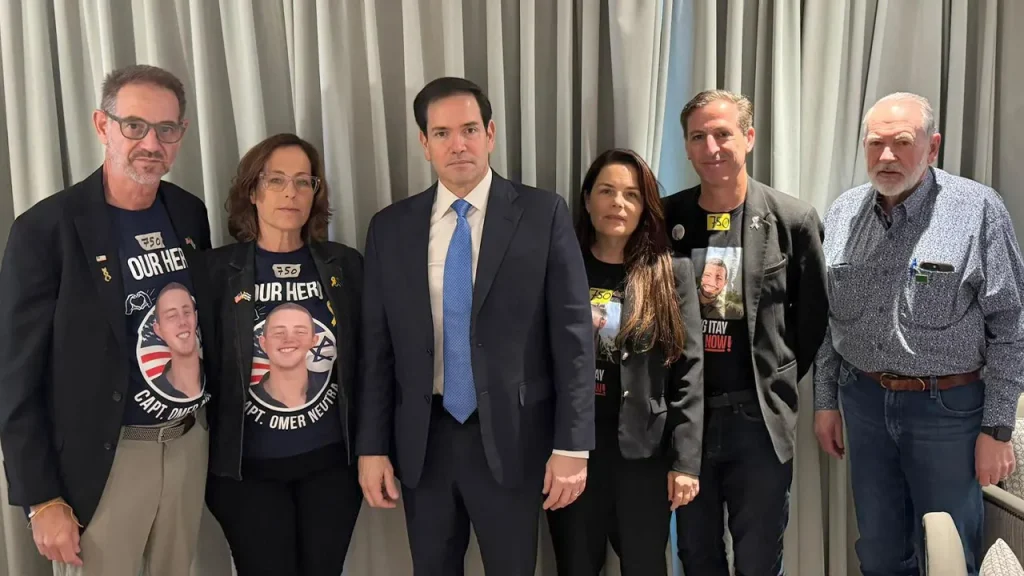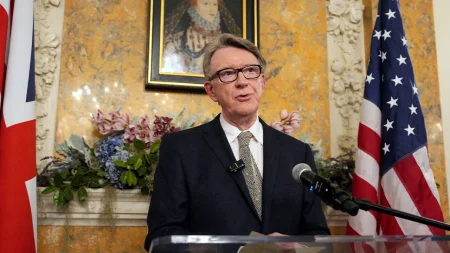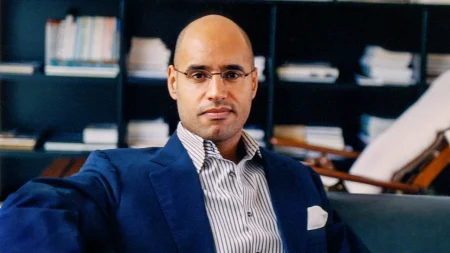Secretary Rubio and Ambassador Huckabee Stand with Families of Fallen American Hostages
In a poignant display of diplomatic commitment, Secretary of State Marco Rubio and U.S. Ambassador to Israel Mike Huckabee recently met with the grieving families of Itay Chen and Omer Neutra, two American-Israeli citizens whose remains continue to be held captive by Hamas in Gaza. The meeting underscores the ongoing humanitarian crisis stemming from the October 7, 2023 attacks, where both young men lost their lives while serving along the Gaza border. “We will not forget the lives of the hostages who died in the captivity of Hamas,” Rubio declared in a social media post following the meeting, emphasizing America’s unwavering commitment to bringing home all hostages, both living and deceased. The intimate gathering reflected the personal dimension of what has otherwise been a complex geopolitical conflict, putting human faces to the ongoing tragedy.
For Ruby Chen, Itay’s father, this marked the fifth meeting with Secretary Rubio since his appointment as Secretary of State—a testament to the administration’s consistent engagement with affected families. “It was important for us to receive energy from him after a number of days of no hostage releases,” Ruby shared, finding reassurance in Rubio’s promise to highlight their situation during subsequent high-level meetings in Qatar. This commitment to advocacy at the highest levels provides a glimmer of hope for families who have been suspended in an agonizing limbo for nearly two years. The Chens have been tireless in their diplomatic outreach, having also recently met with Vice President JD Vance and his wife Usha, as well as U.S. Special Envoy Steve Witkoff during their visits to Israel—demonstrating the bipartisan nature of this humanitarian cause.
Ronen Neutra, father of 21-year-old Omer, expressed concern that Hamas may be deliberately prolonging the return of hostages to maintain tactical advantages in areas where Israeli forces have withdrawn. His assessment reflects the frustration felt by families caught in the political complexities of hostage negotiations. “After all the work that President Trump and his administration did, they deserve to get the Americans back,” Neutra stated, emphasizing that the families deserve closure and the opportunity to begin their long-delayed grieving process. His gratitude toward the administration highlights the personal impact of diplomatic efforts on those most directly affected by the conflict, transforming policy decisions into matters of profound emotional significance for American families.
The current humanitarian situation represents a painful chapter in an ongoing tragedy: while all living hostages have now been freed from Gaza, the remains of thirteen deceased hostages, including Chen and Neutra, have not been returned by Hamas. This reality creates a unique form of torment for the families, who cannot fully begin their mourning process without the return of their loved ones’ remains. The Israeli government continues to insist on the return of all hostages as a fundamental component of any lasting peace agreement. Ambassador Huckabee emphasized this point, noting that while Secretary Rubio’s visit to Israel was “very productive in moving forward” the U.S.-brokered Gaza peace plan, “[before the] plan can work, ALL hostages must be released!” This stance reflects both diplomatic pragmatism and moral imperative.
The plight of these families transcends partisan politics, as evidenced by their appearances at both major party conventions earlier this year. The Neutras spoke at the Republican National Convention in July 2024, while the Chens addressed the Democratic National Convention in August—a powerful reminder that some causes unite Americans across political divides. Their willingness to engage with the political process while enduring personal tragedy demonstrates remarkable resilience and determination. The parents have become unexpected but effective diplomats in their own right, meeting with officials worldwide to advocate for the return of their sons and the other hostages. Their advocacy has put human faces to a conflict often discussed in abstract geopolitical terms.
Itay Chen, just 19 years old when he was killed, was initially believed to have been kidnapped on that fateful October day, only for his family to later learn he had been killed in the attack. Similarly, Omer Neutra, at 21, lost his life defending Israel during the Hamas assault. Both young men represent the human cost of the conflict—American citizens whose lives were cut short while serving in the Israeli Defense Forces, and whose families now face the additional burden of being unable to properly lay them to rest. As Secretary Rubio continues high-level diplomatic efforts in Qatar and beyond, the families of these fallen Americans wait with diminishing patience but enduring hope that their sons will finally be returned home, allowing them to begin the healing process that has been cruelly delayed by the realities of war and terrorism. Their story serves as a powerful reminder that behind every diplomatic negotiation are human lives forever altered by conflict.













